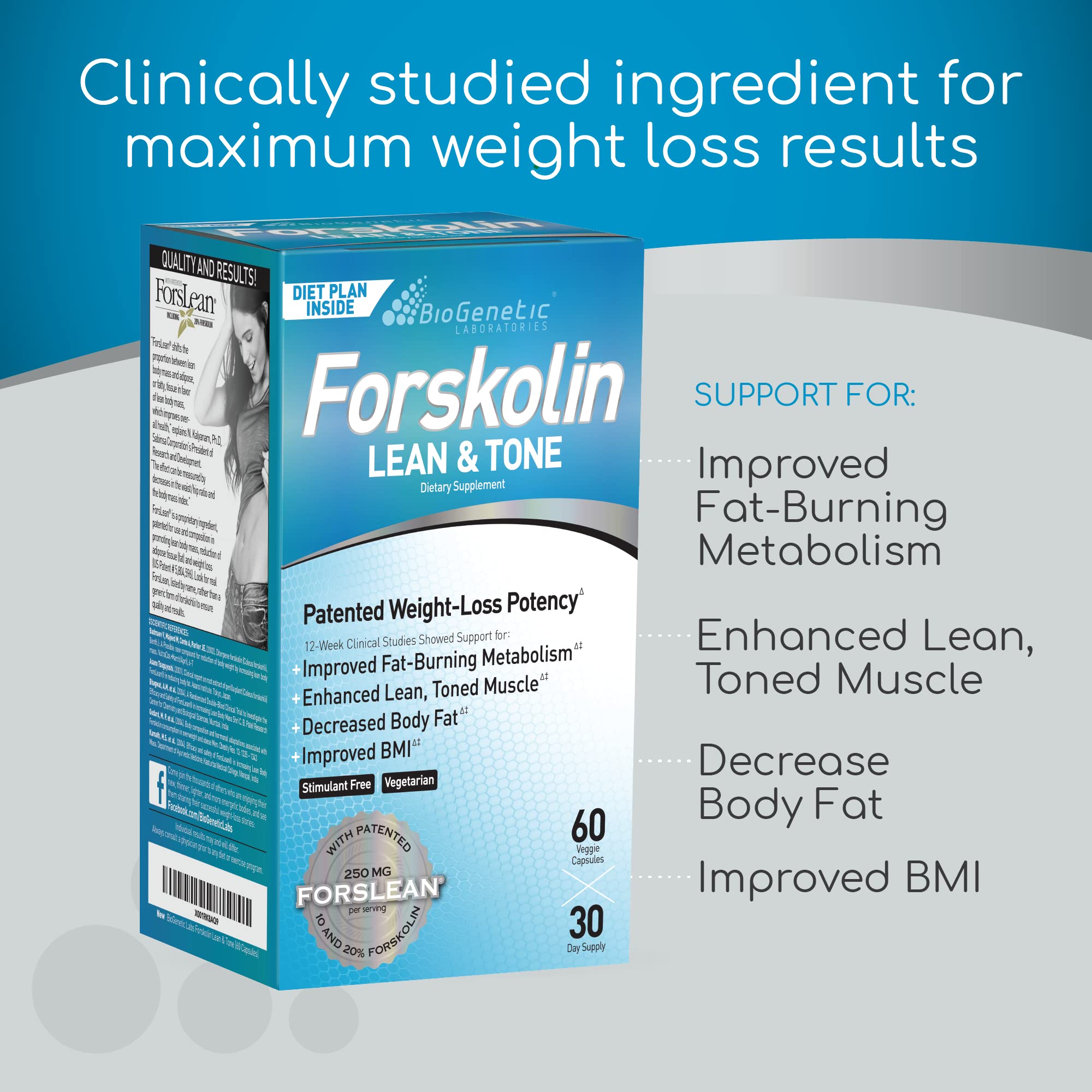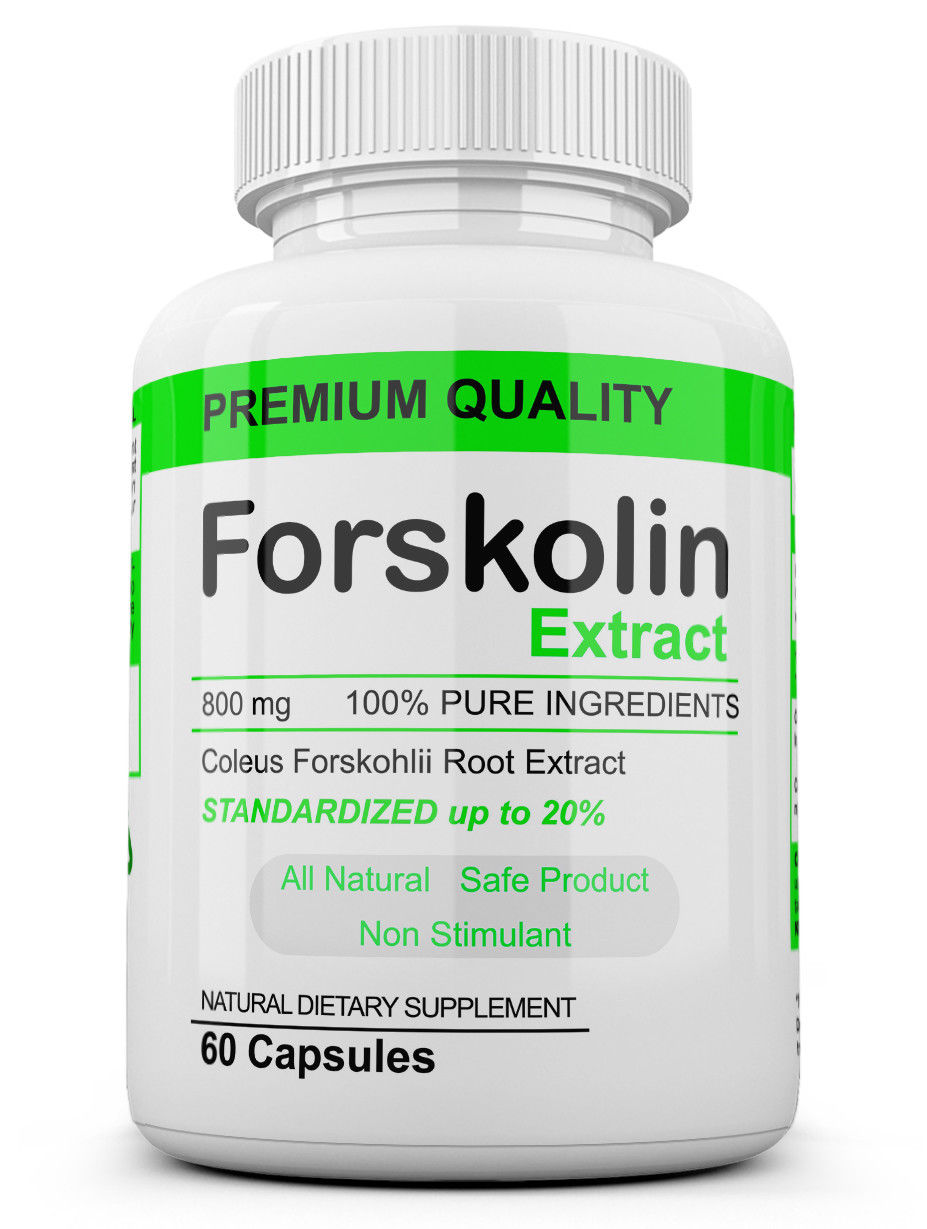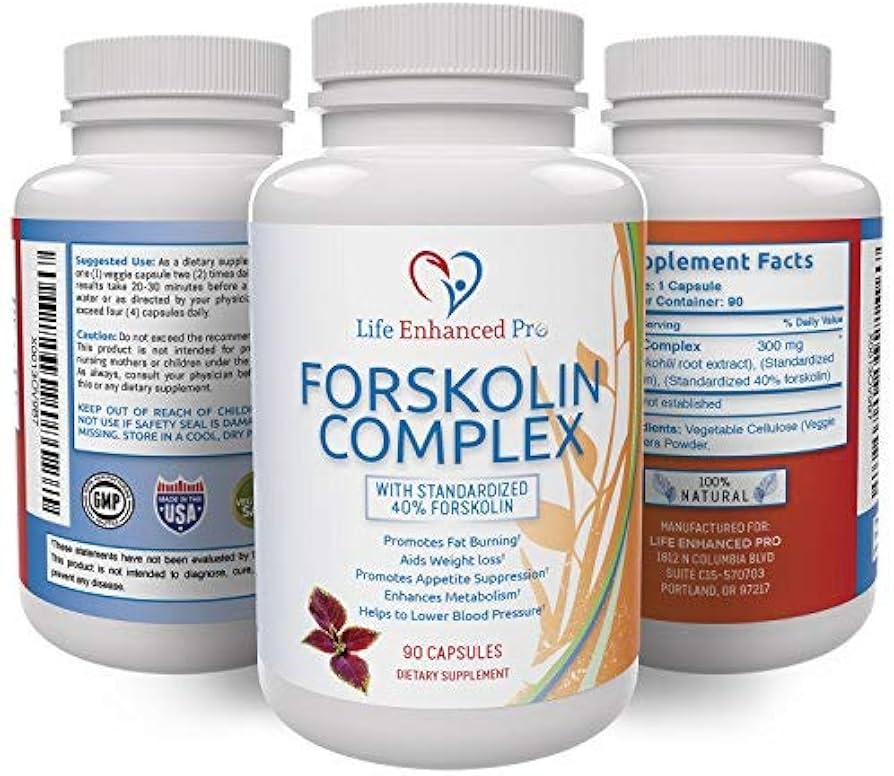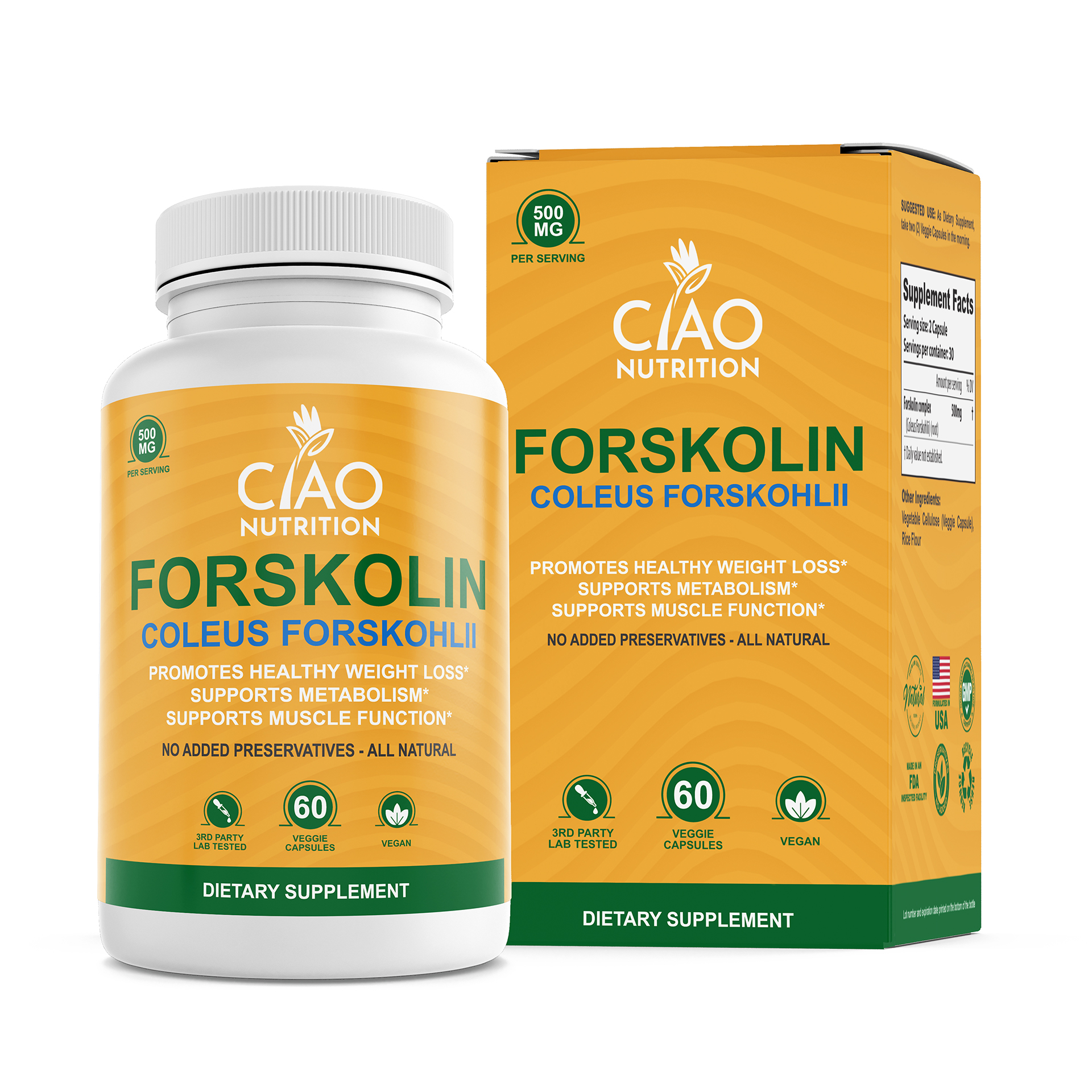Description
What Is Forskolin?
Forskolin is a supplement derived from Coleus forskohlii, a type of plant that has long been used in Ayurvedic medicine to treat a wide range of conditions, including respiratory issues, heart disease and thyroid problems. Recently, it’s become popular as an over-the-counter weight loss supplement, with some brands claiming it can promote metabolism and help you maintain a healthy weight.
Does Forskolin Help With Weight Loss?
“Forskolin is often highlighted for its potential in aiding weight loss by stimulating fat release from cells,” explains Praveen Guntipalli, M.D., a board-certified physician in internal medicine and obesity medicine and owner of Sanjiva Medical Spa in Dallas.
Forskolin is believed to work by activating an enzyme called adenylate cyclase, says Benjamin Gibson, Pharm.D., a pharmacist and certified functional specialist based in San Antonio. This can increase levels of adenosine monophosphate, a compound that regulates metabolism, leading to a higher body temperature and decreased body fat, according to Dr. Gibson. It might also activate the enzyme lipase, which increases the release of fatty acids from fat tissue.
In one animal study, administering forskolin to mice on a high-fat diet improved sugar metabolism and reduced the size of fat cells[1]. What’s more, a review of seven studies concluded that forskolin could increase weight loss and reduce body fat in people that have overweight or obesity[2]. On the other hand, the National Institutes of Health reports that research in humans is limited and forskolin’s effects on body weight are inconclusive.
Despite the potential benefits of forskolin, a calorie deficit (consuming fewer calories than you use each day) is still necessary for weight loss, says Dr. Guntipali. Additionally, he notes that more studies are needed before forskolin can be recommended across the board. “While forskolin presents promising aspects, its efficacy and safety profile demand careful consideration and further research,” says Dr. Guntipali.
Other Potential Forskolin Uses
Beyond weight loss, researchers have also studied forskolin for its effects on several other conditions. While more research is needed, it has been used to treat:
- High blood pressure
- Glaucoma (a group of eye diseases that can cause vision loss)
- Asthma
- Heart disease
Forskolin is also used to treat certain skin conditions, including eczema and psoriasis, according to Dr. Gibson. Plus, it may also be beneficial for other health problems, such as cancer, but more studies in humans are needed.
Forskolin Risks
Forskolin is generally considered safe for most healthy adults and there have been no safety concerns reported in doses up to 500 milligrams per day for 12 weeks, according to the National Institutes of Health. However, some groups could be at an increased risk of negative side effects.
For example, forskolin could increase the size of cysts in people with polycystic kidney disease. It could also disrupt the secretion of certain hormones in the placenta and is not considered safe for people who are pregnant. Additionally, forskolin might also interact with certain medications and could cause side effects like diarrhea, low blood pressure and heart rate changes.
Who Should Not Try Forskolin?
Be sure to talk to a doctor before trying forskolin, especially if you have any underlying health conditions or are taking other medications. Forskolin is not recommended for certain groups, including people who are pregnant and those with kidney disease, says Dr. Guntipali. It’s also best to avoid it if you’re taking medications for high blood pressure or blood thinners, as it may interact with these medications.
While some studies show that forskolin could increase fat loss and may even offer other health benefits, more research is needed. If you decide to try forskolin, be sure to check with a doctor first and use it alongside other proven methods for weight loss, including regular physical activity and a balanced diet.











